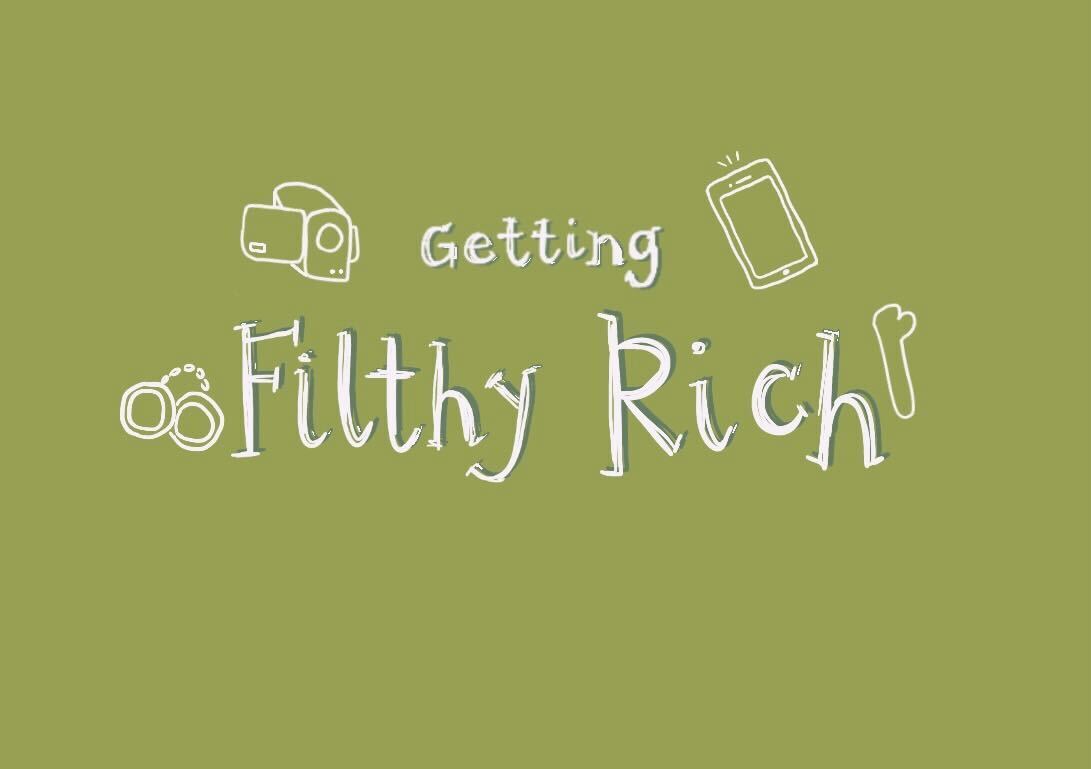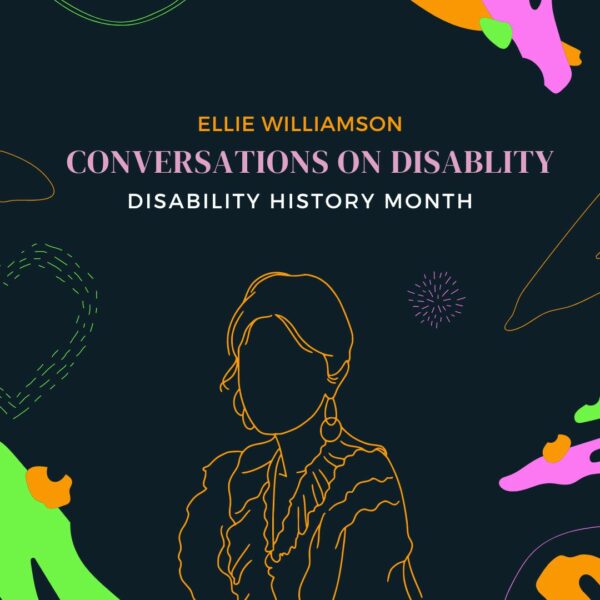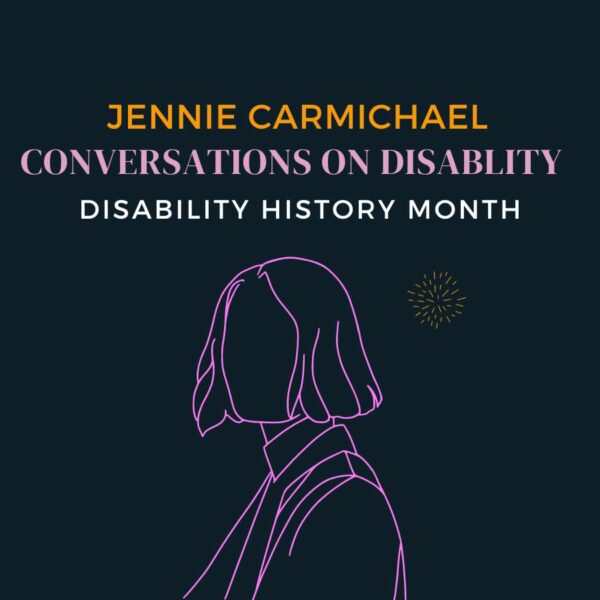While sex work is the world’s oldest profession, the industry remains riddled with misogynistic thinking and portrayals of its workers, making it today one of the most taboo and poorly legislated industries in the world.

Reclaiming the narrative in Olivia Atwood’s ‘Getting Filthy Rich’
In July 2022, ITV released “Olivia Atwood: Getting Filthy Rich”, a documentary focusing on different branches of the online sex industry. More specifically, Atwood’s documentary followed OnlyFans creators, porn stars, cam girls and sugar babies in their professional ventures. The documentary claimed to provide a judgement-free insight into those industries and one of the underlying tones throughout was this idea of putting power back in the hands of the workers portrayed -mainly cisgender women’s hands. While sex work is the world’s oldest profession, the industry remains riddled with misogynistic thinking and portrayals of its workers, making it today one of the most taboo and poorly legislated industries in the world.
The documentary’s main goal was to lift some of that stigma and misogynistic preconceptions, looking at both the supply of sex work but also raising questions about the demand side of the industry. Now, one ITV documentary was never going to revolutionise the way sex work is looked at and it is important to note the narrative presented was very heteronormative and binary. Nevertheless, the documentary brought up themes and conversations essential to feminist discourse comforting us in the idea that sex work belongs and is essential to feminist thinking and work.
We’ve all read, heard or even sometimes joked about quitting our day jobs to start an OnlyFans. It seems that a lot of people view online sex work as easy, instantly rewarding, and extremely profitable. Throughout each episode this show regularly reminded viewers of just much work sex work takes.
The first episode focuses on OnlyFans content creator Bonnie Locket, who left Atwood astonished at just how much work goes into producing her content as she explained the different ways in which she engages with her audience daily. Locket shared, “If I’m out, I’ll just go to the toilet. I’m in the messages all the time, it is 24/7.” Olivia, who herself had created an account for the sake of the episode, also found herself overwhelmed at how demanding, and persistent some of the people in her DMs were. But it’s not only that. Porn star Taylor Ryan took to TikTok to share her opinions on the show, and pointed out that “Yes, we might be working 24/7 but we do so much more than that anyways. We are our own hairdressers, makeup artists, and production, editing, marketing strategies and schedules. There’s just so much more than just the money that is made”.
Another notion that came up frequently in conversations was that of empowerment. In the third episode focusing on cam girls, Ivy Hope confesses it took her family time to accept her career choices. Her sister recounts an argument they had where Ivy even called her a “bad feminist” which got her reconsidering her views on sex work and sorority. On ‘Call Her Daddy’ podcast, Atwood, raised a crucial point, saying, “We have men telling us what to do, now we’ve got other women telling us what to do. If you feel empowered with something and you are in an environment that is safe, who is anyone to tell [you] what empowers [you].”
And by showcasing the points of views of different women and their experiences in the documentary, Atwood reinforced that point. Some have a real passion for what they do, others simply view it as a job allowing them to earn normal living wages or finance university degrees. Many are still figuring out their goals, and boundaries. Not all are driven by a deep adoration for their job, as would be the case in any other sector. But that’s what the documentary emphasises throughout: empowerment can of course look like confidence and passion in professional or personal decisions, but it is also choice, financial independence, and simply the freedom to make and own decisions for ourselves.
When talking about this, Taylor Ryan again, highlights the misogyny behind women having to justify their career paths or life choices as a source of empowerment, when really, sex work like any other job can and is in many cases just “a way to put food on the table”. Just like Atwood, Ryan questions why society attaches empowerment to women’s choices deemed ‘unconventional’.
Finally – and this is something that was highlighted by Atwood a lot when promoting her documentary – the host also looked at the demand. Firstly, many workers delved into the importance and value of setting their own boundaries rather than allowing customers to make the rules. Episode 4 follows sugar babies and how they choose how far they go with the men they interact with. Control can be enacted through their choice of platform, how little or how much they show, who they interact with and how they interact with them. Some cam girls do phone calls, others only type. Atwood found that a lot more porn actors were going freelance to give them more power over the content they film, but even those that did work for a company, stressed the importance of written agreements where boundaries were clearly set out. As mentioned, the sex industry is often poorly regulated and can be dishonest, and the women Atwood spoke to wanted to make sure they were always in control of their bodies and image.
Olivia Atwood also encouraged the audience to look at the people that purchase or consume the content made. Again, when speaking to Alex Cooper, she explained “we are so focused on blaming and dehumanising the girls that we forget about the men. It’s our dads, brothers, colleagues buying this, they are the men in our lives. We don’t have a problem with them, we have a problem with the girls making the content”. Through what is undeniably a very heteronormative lens on the issue, Atwood does still make the fair point that while the judgement porn workers receive is misplaced, it is also completely misogynistic.
Sex work, and sex in general, remain stigmatised topics and require a lot more attention, conversation, protection and legislation. Just like people will never stop having sex, sex work will never stop existing. Although Getting Filthy Rich might not provide us with the solution to all the problems within the industry and how it is perceived, nor does it show a great deal of diversity when discussing workers or those consuming their content, it still opens up opportunities for conversations and portrays the workers and industry in a different light. Although it is important not to glamorise or misrepresent this industry, it still felt somewhat refreshing to see a different approach to the subject matter and emphasis on the realities of the job, the notions of empowerment and how workers always stayed in charge.
‘Getting Filthy Rich’ shines a light on an industry that like any other has success stories but requires work and most importantly requires for its workers to be protected, physically and mentally. The show humanises the workers and recognises their work by allowing them to shape the narrative through notions of power, independence and ownership reminding us that sex workers undeniably have and should have a voice within feminist thinking and battles.
By Julie Ngalle
Pronouns: she/her
Instagram: @juicyconversations
Graphic by the lovely Lucia Villegas.






Leave a Comment